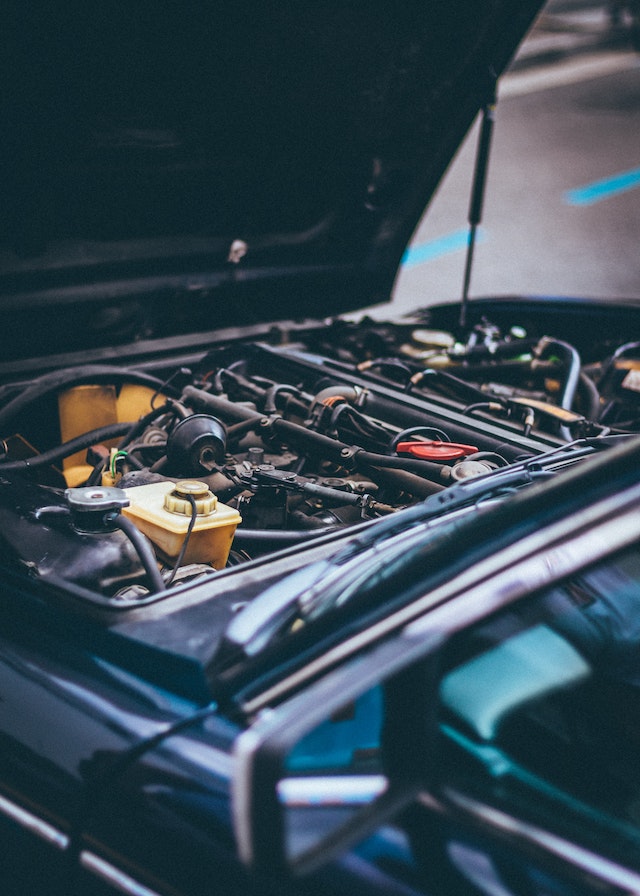Electrical systems should operate silently, and any buzzing sounds or crackling when you flip a switch or plug something in mean it’s time for a repair. If you detect a burnt smell or see signs of melting plastic, shut off the power and call an electrician immediately.
Old wires can’t handle the amount of electricity many of us use today. If yours look like a rats’ nest, have an electrician come in to upgrade your wiring.
Unusual Smells
Modern vehicles rely on a complex electrical system to deliver performance, safety, and comfort. Yet, a vehicle’s electronics aren’t immune to the wear and tear of the elements or normal age-related problems.
If you smell an unfamiliar odor from a switch or outlet, it’s time to call in a professional. It could be a sign that the wiring is exposed, which poses a serious fire risk.
A burnt odor indicates that the wiring has heated enough to melt its plastic sheath. It’s a major fire hazard, so immediately shut off the power and call an electrician.
If your circuit breakers keep tripping, it’s an indication that the electrical system is overloaded. A qualified electrician can upgrade your system to prevent overheating and eliminate potential fire hazards.
Dim Lights
While the power coming into your house does experience voltage drops and surges occasionally, this is mostly due to local weather conditions or problems with your neighbors. But when your lights are dimming for a long period, it is a sign that your home needs a professional inspection.
Each home electrical circuit has a limited amount of current it can handle. If too many appliances are on one circuit and it becomes overloaded, the lights will dim to lower the demand.
This also indicates that your wiring needs attention and possibly electrical repair Greenwood, AR. Corroded contacts, internal arcing from frayed wires, or improperly installed switches are all serious electrical safety hazards that need to be addressed by an experienced electrician.
Flickering Lights
Flickering lights are a big red flag that indicates something is wrong with the wiring. This could be loose wiring, outdated wiring, or even wiring that has become corroded and dangerous over time. Loose or outdated wiring is prone to arcing, which occurs when the electrical current jumps over gaps in the wire connection and can create high temperatures that cause fire hazards.
If the flickering pattern is consistent, you should contact an electrician to investigate your circuit breaker panel and look for faulty connections or damaged connectors. You should also compare notes with your neighbors to see if they are experiencing the same issue, which may mean an electrical problem with your entire neighborhood. This is an emergency and should be addressed immediately to prevent widespread damage.
Overheating Outlets
If you notice any scorch marks or discoloration around your outlets and switches, it could indicate a serious problem that needs immediate repair. Overheated outlets can create fires or lead to shocks if you plug anything into them. A hot outlet or switch can indicate faulty wiring, corroded wires, or water damage.
Often, an overheating outlet is simply because you have too many things plugged into it at a time. Unplugging all devices and waiting an hour before plugging anything back in is a good idea. If the outlet remains warm, then it’s time to call an electrician for a check-up. A hot outlet could also indicate that your house’s circuit breakers are outdated and must be replaced.
Overloaded Circuits
Overloaded circuits are a common cause of potential electrical fires. If a circuit is overworked, the breaker (or fuse in older systems) will trip to shut off the power before it causes the wiring to overheat and potentially spark a fire. An electrician can help you determine how many devices can safely be plugged into each general-purpose circuit and how to spread the load among other outlets throughout your home.
Overloaded outlets can cause problems, from dimming lights to discolored wall plates and even scorched outlet covers and structures. Avoiding this issue by understanding the warning signs and using dedicated circuits for high-power appliances will keep you and your loved ones safe.




